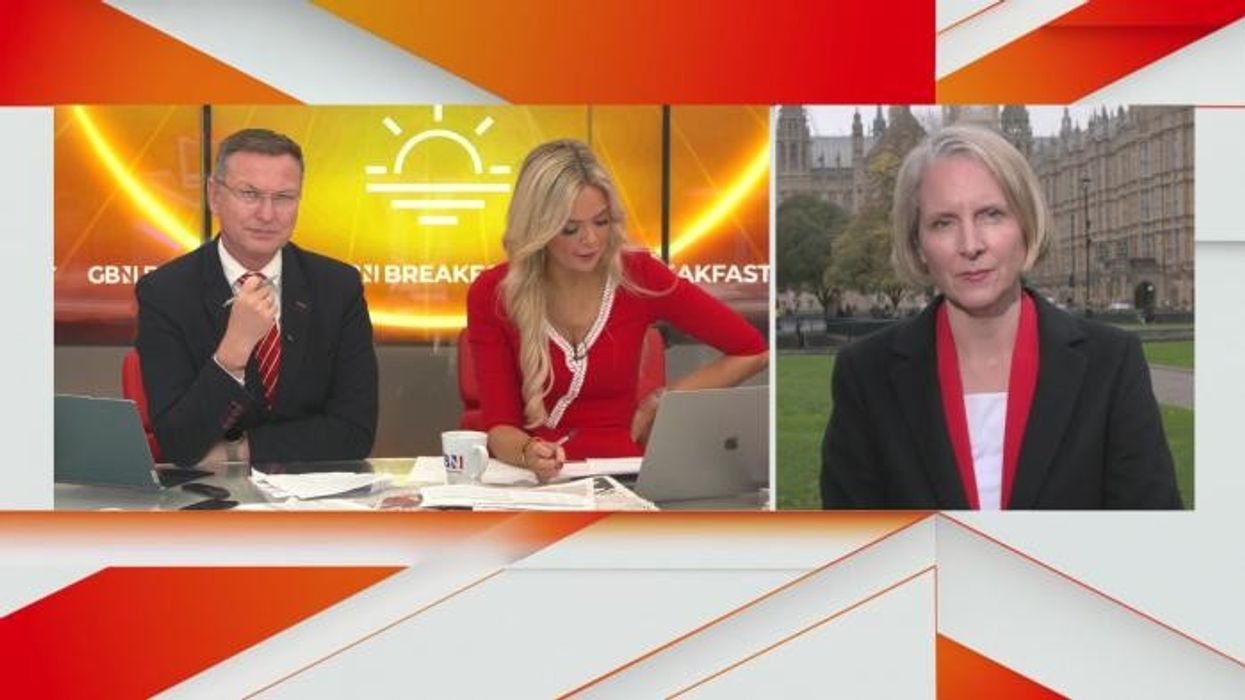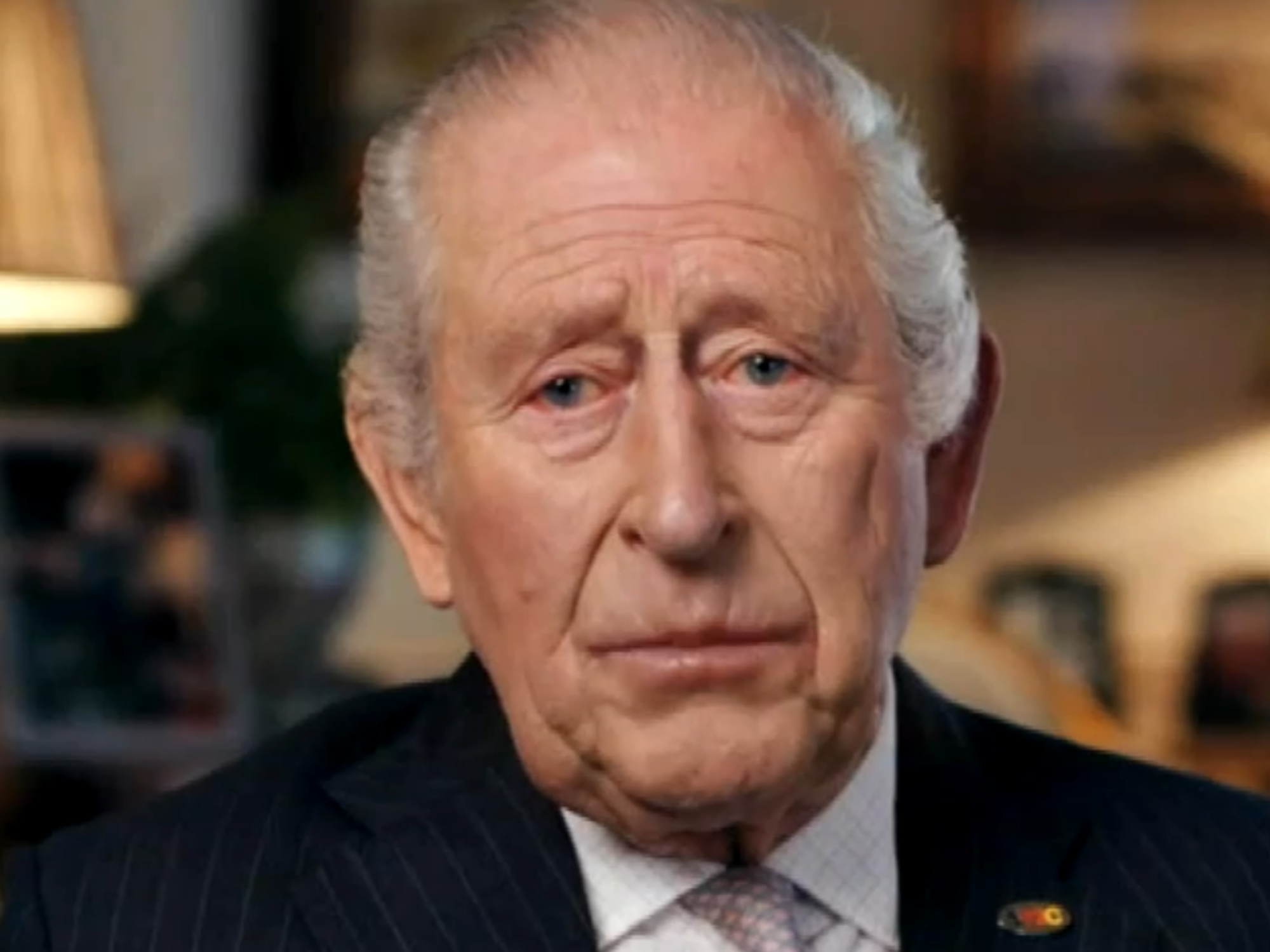State pension win as Labour minister vows to keep triple lock after calling for payment rise to be scrapped

State pension payments are guaranteed to rise every year thanks to the triple lock
Don't Miss
Most Read
Latest
New pensions minister Torsten Bell has pledged full commitment to the state pension triple lock, despite previously calling for the policy to be scrapped. The reassurance came through Baroness Sherlock in Parliament, who defended Bell's appointment following revelations about his past criticism of the policy.
Bell, who took up his government role earlier this month following a mini-reshuffle, had previously branded the triple lock "messy" and "rubbish" during his time as head of the Resolution Foundation think tank.
The minister's stance on the policy has drawn attention amid recent controversy sparked by Tory leader Kemi Badenoch's suggestions about potentially means-testing state pensions.
Under the triple lock mechanism, state pensions rise annually by the highest of inflation, earnings or 2.5 per cent, aimed at protecting pensioners from cost of living pressure.
Speaking in Parliament, Baroness Sherlock told peers that spending on state pensions is forecast to increase by over £31billion under the current commitment to the triple lock.
Do you have a money story you’d like to share? Get in touch by emailing money@gbnews.uk.

Labour's new pension minister has committed to the triple lock
|GETTY
"Our commitment to the triple lock for the entirety of this Parliament will mean the yearly state pension will have increased by up to £1,900 by the end of the Parliament," she said.
"Protecting the triple lock even in the current economic climate shows our commitment to pensions," the Baroness added. Addressing concerns in Parliament, Baroness Sherlock defended Bell's previous criticisms of the triple lock policy.
Furthermore, she emphasised that his earlier comments were made "when he was a private individual and the head of a think tank". "The heads of think tanks, it's their job to think big ideas and to talk about them," Lady Sherlock told peers.
She offered firm reassurance about the minister's current position: "I can assure the House that minister Bell, along with me, is fully committed to the triple lock and the Government's commitment to it."
The Baroness added she hoped "the nation's pensioners will be delighted to hear that as a result." Former DUP deputy leader Lord Dodds raised concerns about the triple lock's long-term future, citing recent developments including Bell's appointment.
He highlighted that the UK's state pension is "one of the lowest in the developed economies of the world relative to average earnings". Lord Dodds also pointed to pensioners' suffering from the unexpected loss of Winter Fuel Allowance, which "came completely out of the blue" and wasn't in the manifesto.
In response, Lady Sherlock reaffirmed the Government's position: "We have a manifesto commitment that the triple lock will hold for the entirety of this Parliament. That is a huge commitment." Cross-party support for maintaining the triple lock was evident in the parliamentary debate.
Liberal Democrat Baroness Janke warned that abandoning the guarantee would "plunge the poorest of pensioners into even deeper poverty and inflict hardship" on those without generous additional pensions.
LATEST DEVELOPMENTS:

Sherlock repeatedly confirmed the government's commitment to maintaining the triple lock throughout the current Parliament. Labour former minister Lord Foulkes of Cumnock welcomed the news, describing it as "the best news for pensioners".
Responding to Lord Foulkes, Sherlock said: "I am very glad to be able to give him that news, especially on his birthday. What better present could he possibly get?"
Currently, the new full state pension currently stands at £221.20 per week. This will increase by 4.1 per cent to £230.25 in April.
The new state pension has reached 30 per cent of average earnings, largely due to the triple lock policy. This represents a higher level than the basic state pension achieved at any point since at least 1968.











